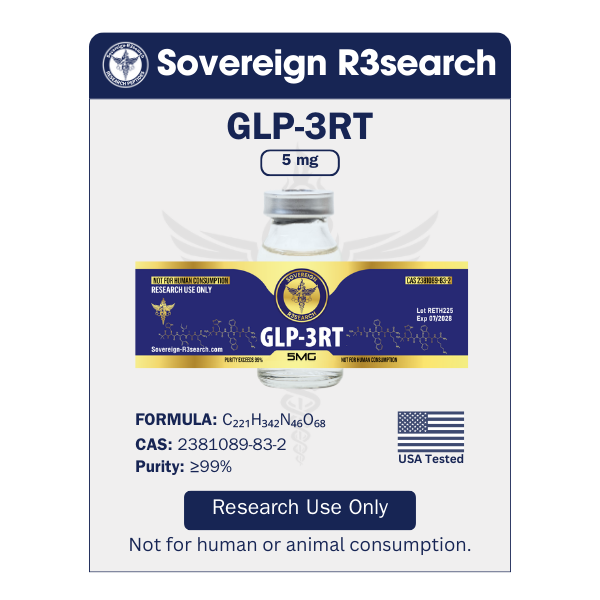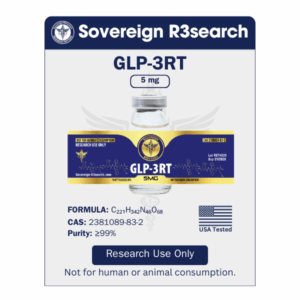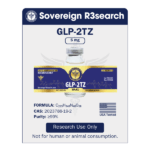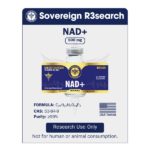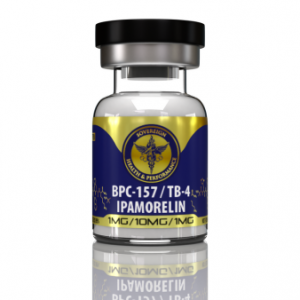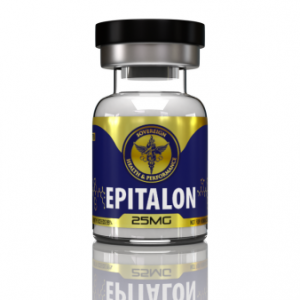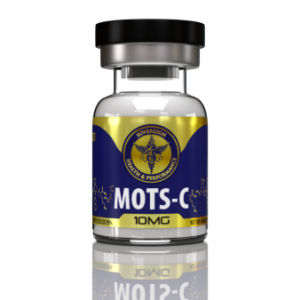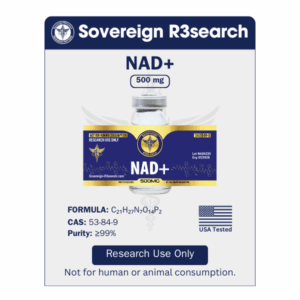- Description
- Additional information
Description
Introduction to GLP-3RT (Research Use Only)
GLP-3RT is an experimental peptide analog designed to explore receptor activity within the glucagon-like peptide (GLP) family. While GLP-1 and GLP-2 have been widely studied for their roles in glucose regulation and intestinal growth, GLP-3RT is a synthetic construct developed for receptor-binding research, metabolic signaling studies, and structure–function analysis.
Currently, GLP-3RT remains a laboratory-only research tool, intended to help investigators understand how structural modifications in GLP-family peptides influence receptor specificity, intracellular signaling, and pharmacokinetic behavior.
Molecular Structure
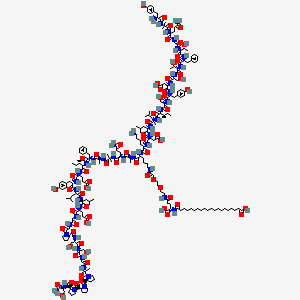
Sequence: YA1QGTFTSDYSIL2LDKK4AQA1AFIEYLLEGGPGSSGAPPPS3
Molecular Formula: C₂₂1H₃₄2N₄₆O68
Molecular Weight: 4731 g/mol
PubChem SID: 171390338
CAS Number: 2381089-83-2
Synonyms: Retatrutide; LY-3437943; NOP2Y096GV; Triple agonist – GIP / GLP-1 / Glucagon receptor agonist
Source: PubChem
Note: The molecular information above corresponds to the GLP-3RT class of tri-receptor agonists, referenced here for comparative structural purposes only. GLP-3RT is a distinct experimental analog for receptor research and not intended for human use.
Research Highlights
1. Receptor Binding and Pharmacology
GLP-3RT is being evaluated in cell-based receptor assays to characterize its affinity and selectivity across the GLP receptor family. Preliminary findings indicate modified binding kinetics, making it a valuable probe for receptor conformational dynamics and downstream cAMP signaling.
2. Metabolic Signaling Pathways
Whereas GLP-1 analogs primarily target glycemic control, GLP-3RT is under study for its ability to modulate lipid metabolism, energy expenditure, and nutrient partitioning. Early data suggest a unique activation pattern, helping to delineate overlapping versus distinct GLP-receptor functions.
3. Structural Biology and Stability
GLP-3RT includes rational amino-acid substitutions and sequence modifications designed to improve peptide stability and enzymatic resistance. It is used in crystallography and molecular-dynamics modeling to study peptide folding, receptor docking, and peptidase resistance.
4. Potential Physiological Insights
Though not intended for clinical use, GLP-3RT research may yield insights into:
-
Cross-talk between GLP receptors in gut–brain signaling
-
Mechanisms of satiety regulation distinct from GLP-1 pathways
-
Potential roles in hepatic lipid metabolism and intestinal nutrient sensing
5. Safety and Research Context
No clinical or animal safety data are available for GLP-3RT. In vitro studies of related GLP analogs show generally good tolerance, though cell viability may be affected at high experimental concentrations. All findings remain preclinical and exploratory.
Supporting References (Contextual GLP Literature)
(No GLP-3RT-specific publications currently exist; references below represent foundational GLP peptide research.)
-
Drucker DJ. Glucagon-like peptides: physiology, pharmacology, and therapeutic implications. Physiol Rev. 2001;81(3):1031-1064. doi:10.1152/physrev.2001.81.3.1031
-
Nauck MA, Meier JJ. Glucagon-like peptides in metabolic regulation. Diabetologia. 2021;64(8):1576-1589. doi:10.1007/s00125-021-05467-4
-
Yusta B, Holland D, Waschek JA, Drucker DJ. GLP receptor signaling pathways in murine models. Endocrinology. 2002;143(10):3717-3727. doi:10.1210/en.2002-220292
Additional information
| CAS | 2381089-83-2 |
|---|---|
| MG | 10, 5 |
| Brand | Sovereign Health and Performance |


